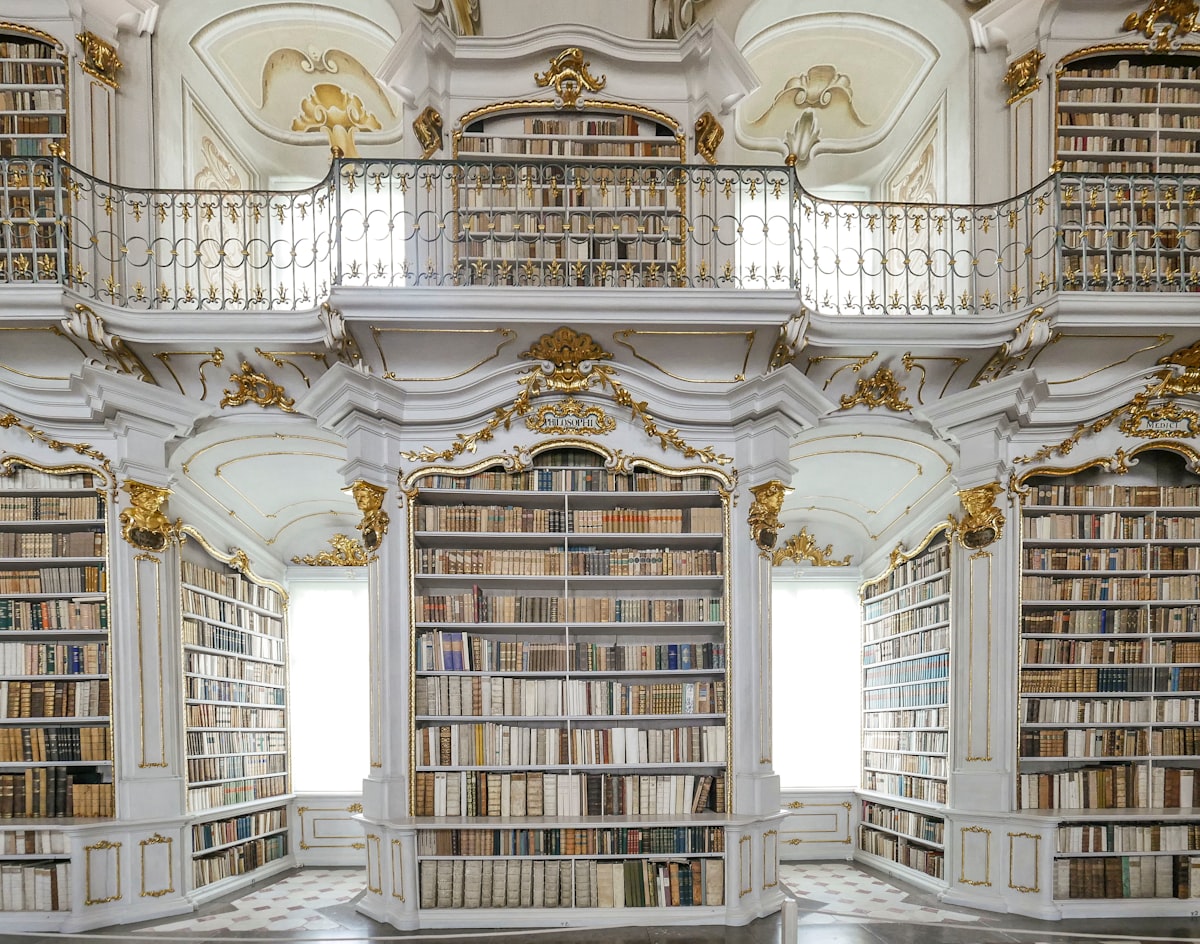Modes of Individualism: Enlightenment and Romantic thought
The Classical liberalism that was the dominant mode of thought in Enlightenment and Romanticism have a fair bit in common, though they are ostensibly in opposition. Both rejected the rigid social hierarchies of the old order and emphasized the importance of individual freedom and creativity.

The Classical liberalism that was the dominant mode of thought in Enlightenment and Romanticism have a fair bit in common, though they are ostensibly in opposition. Both rejected the rigid social hierarchies of the old order and emphasized the importance of individual freedom and creativity. And both are rooted in ideas of intellectual superiority, whether it was an Enlightenment sense of logical and technical Scientific rationalism or a more Romantic sense of 'poetry' — to use the old sense of poetry, 'to make or create'. Shelley saw poets as 'institutors of laws ... founders of civil society'. For aesthetes like Shelley, poetry was the way to get society to behave itself; for those of a more rationalist bent, this was better achieved by more logical means. In the latter case, it was reason — taut, sensible, and stress-tested right from its Grecian origins via the Renaissance — that was the safeguard against ignorance.
This is where we come to the first point of divergence. We might see history —albeit with broad brushstrokes — as a push-pull between emotional and rational modes of thinking, as though the two were mutually exclusive. While I maintain that they are not, one only has to look at British education nowadays to see the fault lines between the structured domains of Mathematics and Science and the Humanities (whose name references the desire to civilise savages that characterised the early formulations of the discipline). Perhaps we could see Romanticism and Enlightenment thought as the beginning of what would eventually calcify into a schism. The ancient Greeks and the Renaissance Man, or polymath made no such distinctions; one only needs consider the role of the Fibonacci Sequence in the golden ratio to find evidence of this. However, Enlightenment liberalism's insistence that reason will liberate and civilise is what seems to set off Romanticism as opposition to it. Bruno Latour, in We Have Never Been Modern, follows this thread. Codified at the heart of modern thinking, he writes, is the belief that Culture / Politics and Science are fundamentally separate entities that should be kept apart, but this distinction should never have been made. Certainly we can trace a lineage from the Enlightenment thought to our current proclivities.
Perhaps another point of divergence could be drawn along class lines. Romanticism’s core values are ‘youth, vibrancy, immediacy, ephemerality’, according to Sutherland, John. (2014) in A Little History of Literature: life fast: die young, in simpler terms. Lord Byron was considered 'mad, bad, and dangerous to know'; as an aristocrat, he rather conformed to the Rake (archetype), or perhaps the Libertine (archetype). The point is that this kind of character is going to have enough social cachet to be able to burn brightly for a brief time; it is no coincidence that the Romantic poets who died young were from privileged backgrounds. Reason, then, was the preserve of the bourgeoisie, because it was reason that led to wealth being made for oneself. No need for this when one inherits one's wealth, but there is every need to be po-facedly sensible when one's own capital is at risk.
What happens, though, is that both schools of thought converge around ideas of individualism — indeed, enshrined within the rhetoric of the French Revolution are the core values of both: liberty, equality, fraternity. But this is also the period of the Transatlantic Slave Trade: how can such things coexist? Slavery was an inevitable product of the Enlightenment, in fact, Orlando Patterson writes. Though it seems at first surprising that slavery should have occurred during the Enlightenment, wherein individual human beings’ have inalienable rights and freedoms, it isn’t, because how else does one measure freedom if not in contrast to its opposite, slavery? One simply has to codify what ‘human’ means. Ostensibly universal, ‘human’ is actually a strictly-defined set of white, patriarchal hegemonic values. To be ‘human’ is to be ‘civilised’, and both Romanticism and Enlightenment thought believed its ways of thinking held the key to this, whether by artistic transcendence or by scientific rationalism. Either way, though, both reify the very values they ostensibly seem to reject: power concentrated in the hands of the few, resulting in as strict a hierachy as any that had gone before. The difference now was that the middle classes were in the ascendancy and, driven by a new-found sense of individual importance as sanctioned by both rationalism and Romanticism, there was no stopping their ability to make their own myths.

